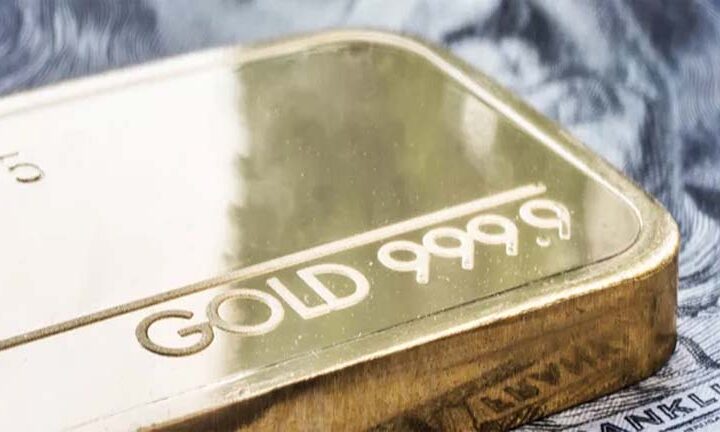Moody’s Investors Service placed the deposit ratings of five Israeli banks on review for downgrade, Tuesday, following the rating agency’s similar view of the sovereign A1 long-term issuer ratings last Thursday.
It said the rating actions are triggered by the conflict between Israel and Hamas, which include the loss of life and increases Israel’s already relatively high exposure to geopolitical risks.
On Monday, it said it was also reviewing a possible downgrade of the rating of three energy companies.
The rating agency said it has placed on review for downgrade the A2/P-1 long- and short-term deposit ratings of Bank Leumi Le-Israel, Bank Hapoalim, Mizrahi Tefahot Bank, Israel Discount Bank and First International Bank of Israel. Previously, the outlook on the long-term deposit ratings was stable.
Concurrently, Moody’s placed the banks’ long-term Counterparty Risk Ratings and Counterparty Risk Assessments on review for downgrade, as well as IDB’s long-term foreign currency senior unsecured debt rating.
The rating agency said it assumes a very high probability of government support for Israel’s five large banking groups given their systemic importance and the Israeli government’s long-standing practice of injecting capital into such systemically important banks, in case of need.
Moody’s said it will also consider whether the military conflict in Gaza risks weakening the operating environment for banks sustainably.
“The longer and more severe the military conflict, the greater its impact is likely to be on the economy,” it said, and that the banks have “strong and resilient financial fundamentals and potential for these to withstand the impact of the current situation.”
Strong asset quality
Asset quality is strong, demonstrated by a problem loan ratio of below 1% for each of the five banks as of June 2023 and contained credit costs over economic cycles, driven by relatively conservative underwriting and close and proactive oversight by the Bank of Israel (BoI).
The banks have a deposit-based funding structure, mostly from households and small businesses, and healthy liquidity.
Moody’s said it will also assess during the review whether the conflict negatively affects Israel’s institutional strength, in particular the effectiveness of policymaking.
“The Israeli economy recovered relatively swiftly from past episodes of violent conflict and its dynamism benefits from a diversified high-tech sector as the main engine of growth,” the rating agency cautioned.
“However, this conflict is more severe than the episodes of violence in the last few decades. As a result, there is a risk of a diversion of resources, drop in investment and loss of confidence, which would undermine Israel’s economic outlook. There was already a slowdown in real estate transactions before the conflict and a slight decline in property prices from recent highs.”
Leviathan, Energean, Israel Electric
On Monday, Moody’s said it was also considering a downgrade of three energy companies.
It placed the Ba3 ratings on the senior secured notes issued by Leviathan Bond Ltd. on review for downgrade, from the current ‘stable’ outlook.
Leviathan Bond is a special purpose vehicle and the notes are secured on the 45.34% working interest of NewMed Energy in the Leviathan gas project, located off the coast of Israel, and associated assets.
The Leviathan field, which is located 130 km offshore, north of the country, is connected to the platform some 10 km off the coast of Israel.
Since the start of the military conflict, the Leviathan field has been operating at full capacity and there has been no disruption to its operations. Following the suspension of production at the Tamar field on 9 October, demand for gas from Leviathan in the domestic market has increased.
Moody’s also placed the senior secured Ba3 ratings of Energean Israel Finance on review for downgrade, from the current ‘stable’ outlook.
Energean Israel’s cash flows are derived entirely from the Karish gas field, which is located in Israeli waters 75 km from the border with Lebanon. Since the start of the military conflict, the Karish field has been operating at full capacity and there has been no disruption to its operations.
Finally, Moody’s placed the Baa1 long-term senior secured ratings of Israel Electric Corporation on review for downgrade from the current ‘stable’ outlook.
IEC is 99.85% controlled by the government and is the country’s vertically integrated electric utility, with a near monopoly in electricity transmission and distribution. It is also a large power generator, accounting for around half of the country’s electricity production and the dominant electricity supplier.
In 2022, some 57% of IEC’s total power generation was based on gas. Gas supplies from the Tamar field were suspended on 9 October and IEC has sought to procure gas and other fuel from alternative sources since.








